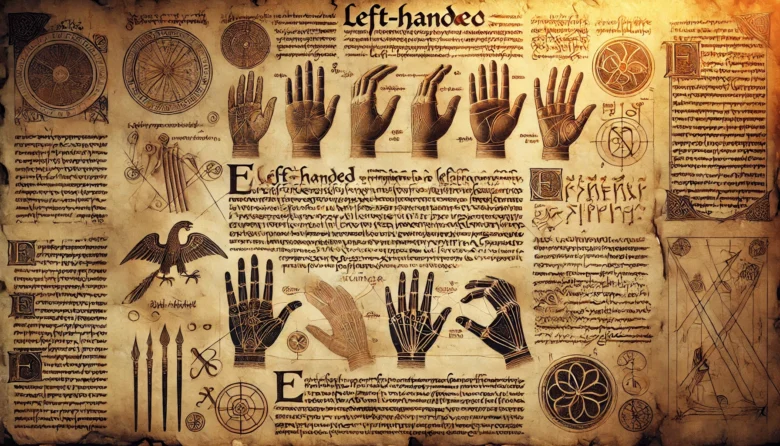Did you know that the invention of the steam engine not only revolutionized transportation but also transformed global trade forever? Scientific progress has consistently played a critical role in redefining how nations interact, engage in trade, and expand their economies. In this blog, we delve into how scientific breakthroughs have impacted global trade through history, …
Month: December 2024
Did you know that braille was inspired by a military communication system developed in the early 19th century? This intriguing fact is only a glimpse into the rich and compelling story of braille—a system that has revolutionized accessibility for visually impaired individuals worldwide. In this blog, we’ll explore the history, evolution, and impact of braille …
Did you know that during the Great Depression, unemployment in the United States soared to 25% while global trade plummeted by over 60%? These figures underscore the devastating impact of economic crises and highlight why understanding their lessons is crucial. Introduction Economic downturns have shaped the world’s financial and social landscape for generations. From the …
Did you know that the world’s first economic system revolved around trading goods like livestock and grains instead of using money? This fascinating journey from barter systems to today’s blockchain-based economies is a testament to human innovation. Throughout history, humanity has evolved countless ways to trade, save, and grow wealth. From the simplicity of bartering …
Did you know that the ancient Babylonians could predict lunar eclipses as early as 2000 BCE? Yes, long before modern technology, our ancestors were already uncovering the secrets of the universe. The evolution of scientific thought in ancient civilizations showcases humanity’s endless curiosity and ingenuity, forming the very foundation of the science we rely on …
Fun Fact: Did you know the steam engine, a cornerstone of the Industrial Revolution, was originally invented to pump water out of coal mines? The Industrial Revolution, often described as the most transformative period in human history, profoundly changed the way societies function. This era, spanning the late 18th to early 19th centuries, introduced technological …
Did you know that massive stone discs called Rai stones once served as currency on the Micronesian island of Yap? These unique “coins” tell the fascinating story of how ancient civilizations innovated with money in ways that often reflect today’s economic systems. Introduction Currency is the lifeblood of trade, yet few of us consider how …
Fun Fact: Did you know that only about 10% of the world’s population is left-handed? For centuries, being left-handed was often seen as an anomaly, an oddity that set individuals apart in a predominantly right-handed world. From ancient superstitions to modern biases, the history of left-handedness is a fascinating journey through cultural perceptions, societal norms, …
Did you know that some of the earliest chemists in history were women? In fact, the first recorded alchemist, Tapputi, lived in Mesopotamia around 1200 BCE and developed groundbreaking techniques in distillation. Yet, her contributions, like those of many women in ancient science, have largely been overshadowed by history. Introduction Throughout history, countless women have …
Fun Fact: Over 27,000 pieces of space debris are currently tracked by NASA, orbiting Earth at speeds of up to 28,000 km/h—fast enough to turn a tiny paint fleck into a deadly projectile. The vastness of space feels infinite, but our immediate orbital zones are starting to look more like a cosmic junkyard. The problem …










